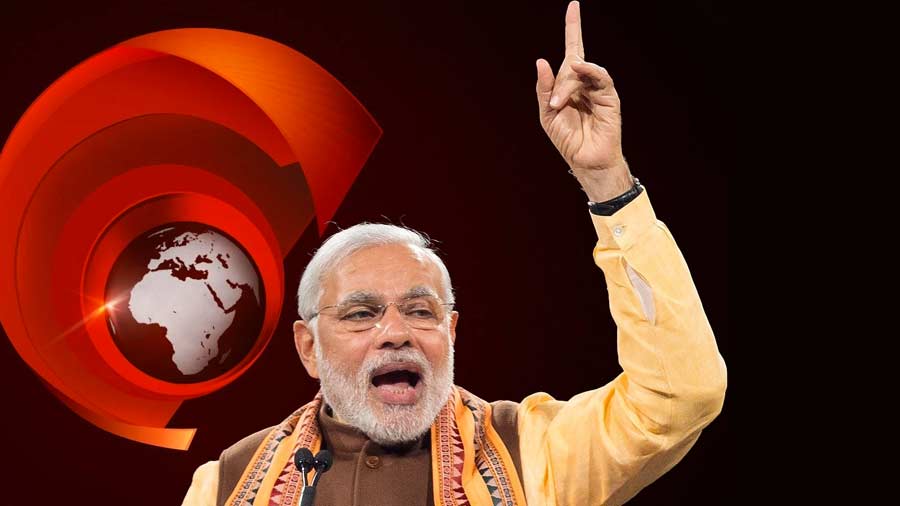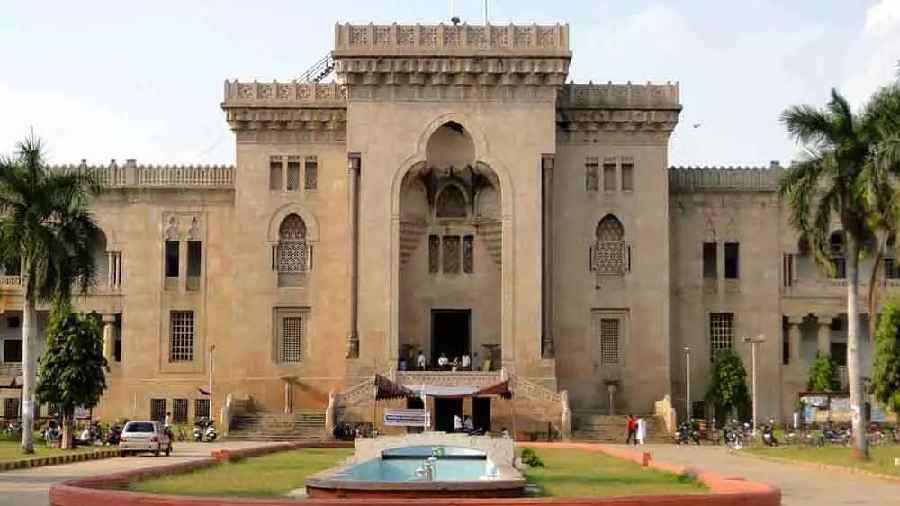More than 500 scientists and academics on Friday decried the Centre’s efforts to block the BBC documentary on Prime Minister Narendra Modi, asserting that the curbs violate Indians’ rights “to access and discuss important information about our society and government”.
The scientists said they were “dismayed” by the Centre’s decision on January 20 to block transmission or sharing of the documentary, India: The Modi Question, over social media, which also sent authorities scrambling to prevent its screenings in colleges and universities.
The scientists also said their criticism of censorship in India should not be interpreted as a blanket endorsement of the BBC or of the British establishment.
The signatories include faculty and researchers from the Indian Institute of Science, several Indian Institutes of Technology, the Indian Institutes of Science Education and Research, the Indian Statistical Institute, the Tata Institute of Fundamental Research, Ashoka University, Banaras Hindu University, the International Centre for Theoretical Sciences (a TIFR unit in Bangalore), universities in Calcutta, Delhi and Hyderabad and other institutions in India, the UK and the US.
The Centre, which used “emergency powers under Information Technology Rules 2021” to impose the curbs, has claimed the documentary “lacks objectivity”, has been found “to be undermining the sovereignty and integrity of India”, and “had the potential to adversely impact public order”.
The scientists from the academic institutions who pencilled the statement released on Friday said they felt it was necessary to register their disagreement over the censorship of the documentary that one of them said was “only the latest in a set of attacks on academic freedom”.
“We hope this pushback will have some effect and indicate to the government that this kind of censorship is unacceptable,” said one of the signatories to the statement, which also denounces the efforts by university administrators to prevent the screening of the documentary.
Campuses in New Delhi, Hyderabad and Kerala have witnessed tensions between students’ groups and administrations over attempts to organise public viewing of the documentary — a two-episode series which, according to the BBC website, examines tensions between Modi and India’s Muslim minority, and investigates claims about his role as chief minister during the 2002 Gujarat riots and the relationship between his government and the Muslim minority since his re-election as Prime Minister in 2019.
The scientists said universities should encourage open discussion on social and political questions. “Such discussions are crucial for the proper functioning of a democratic society. It is unacceptable for universities to block expression of some views merely because they are critical of the government,” they said in their statement.
They said the BBC documentary had not raised any fundamentally new points. The scientists have cited a 2002 observation by the National Human Rights Commission that said: “…There was a comprehensive failure of the state to protect the constitutional rights of the people of Gujarat, starting with the tragedy in Godhra… and continuing with the violence that ensued in the weeks that followed.”
The scientists added: “Numerous scholars, filmmakers and human rights activists have reached similar conclusions over the past twenty years. In spite of this, those who were instrumental in encouraging and enabling the violence in Gujarat in 2002 have never been held to account. This accountability is crucial, not only to prevent a repeat of such events but also to reverse the communal polarisation that threatens to tear the country apart today.”
On the British establishment, the statement said: “We are aware that Jack Straw who appears in the documentary was the British foreign secretary in Tony Blair’s cabinet. In this role, he was responsible for spreading falsehoods about ‘Iraqi weapons of mass destruction’ which were dutifully repeated by the BBC and used to justify the Anglo-American invasion of Iraq.
“We encourage viewers of the BBC documentary to supplement their information with the voluminous and reliable material produced by Indian scholars and activists, documenting the horrific events of 2002 and the appalling situation faced by minorities in the country today.”












